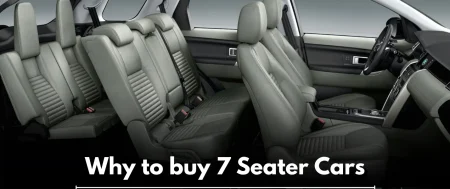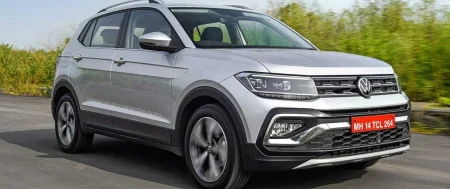15+ Easy Tips to Boost Your Car’s Mileage : BestGaddi
Learn how to increase car mileage with simple, effective tips to save fuel, improve efficiency, and cut running costs effortlessly!
Table of Contents
Introduction
With rising fuel prices and growing environmental concerns, maximizing your car’s mileage has never been more important. Whether you drive daily or occasionally, improving fuel efficiency can help you save money and reduce your carbon footprint. Fortunately, simple driving habits, regular maintenance, and a few smart techniques can make a significant difference.
In this guide, we’ll explore 15+ proven tips to increase your car’s mileage, ensuring a smoother, more cost-effective, and eco-friendly drive. Let’s dive in!
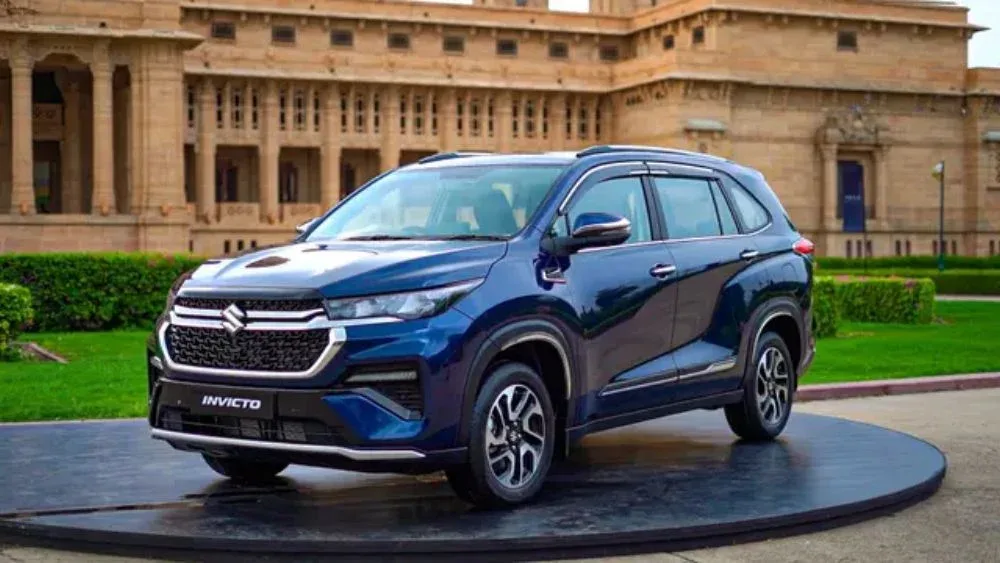
Understanding Car Mileage
Car mileage, also known as fuel efficiency, refers to the distance a vehicle can travel per unit of fuel. It is usually measured in kilometers per liter (km/l) or miles per gallon (mpg). A higher mileage means your car consumes less fuel to cover a certain distance, making it more cost-effective and eco-friendly{1}.
Several factors affect a car’s mileage, including engine performance, driving habits, road conditions, and maintenance. Understanding these factors can help you optimize fuel efficiency and get the most out of every drop of fuel. Let’s explore how you can improve your car’s mileage effectively.
Proper Vehicle Maintenance for Better Mileage
Regular maintenance is key to keeping your car fuel-efficient and running smoothly. A well-maintained vehicle consumes less fuel, reduces emissions, and extends engine life. Here are some essential maintenance tips to boost mileage:
Keep Your Engine Tuned – A well-tuned engine improves combustion efficiency and fuel economy.
Check Tire Pressure – Underinflated tires increase rolling resistance, reducing mileage. Maintain the recommended tire pressure for better efficiency{2}.
Use the Right Engine Oil – High-quality, manufacturer-recommended engine oil reduces friction and improves fuel economy.
Clean or Replace Air Filters – A clogged air filter restricts airflow, making the engine work harder and burn more fuel.
Maintain the Fuel System – Clean fuel injectors and use quality fuel to ensure optimal engine performance.
Monitor Brake Drag – Worn-out or dragging brakes create resistance, leading to higher fuel consumption. Get them checked regularly.
Align and Balance Wheels – Proper wheel alignment reduces unnecessary friction, improving mileage and tire life.
By following these maintenance tips, you can keep your car in top shape and maximize fuel efficiency{3}.
Driving Habits That Improve Fuel Efficiency
Your driving style plays a crucial role in determining your car’s mileage. Adopting fuel-efficient driving habits can significantly reduce fuel consumption and save money. Here are some effective tips:
Drive Smoothly – Avoid sudden acceleration and harsh braking. Gradual speed changes improve fuel efficiency.
Maintain a Steady Speed – Driving at a consistent speed, especially on highways, helps optimize fuel consumption. Use cruise control when possible.
Avoid Idling – Idling consumes fuel without moving the car. Turn off the engine if you’re stopping for more than a minute{4}.
Shift Gears Efficiently – In manual cars, shift gears at the right RPM to avoid unnecessary fuel burn.
Use Engine Braking – Instead of relying too much on brakes, ease off the accelerator to slow down naturally.
Limit AC Usage – Air conditioning puts extra load on the engine, reducing mileage. Use it wisely, especially at lower speeds.
Reduce Unnecessary Weight – A heavier car consumes more fuel. Remove unnecessary items from your trunk or backseat.
Plan Your Trips – Combine errands to avoid multiple short trips, as frequent cold starts reduce fuel efficiency{5}.
By incorporating these habits into your daily driving, you can maximize mileage, save fuel, and enjoy a smoother ride.
Reducing Excess Load to Improve Mileage
Carrying unnecessary weight in your vehicle can negatively impact fuel efficiency. The heavier your car, the more fuel it needs to move. Reducing excess load helps improve mileage and enhances overall performance. Here’s how:
Remove Unnecessary Items – Clear out heavy luggage, tools, or unused equipment from your trunk and backseat{6}.
Avoid Roof Racks When Not in Use – Roof racks and carriers add weight and increase aerodynamic drag, leading to higher fuel consumption.
Carry Only the Fuel You Need – A full fuel tank adds significant weight. If possible, refuel strategically rather than always topping up.
Use Lightweight Accessories – Opt for lightweight spare tires and compact emergency kits to reduce extra weight.
Empty Water Tanks in RVs and Campers – If you drive a camper or trailer, drain excess water when not needed to improve mileage.
By minimizing unnecessary weight, you can enhance your car’s fuel efficiency, reduce wear and tear, and enjoy a smoother drive{7}.
Choosing the Right Fuel for Your Car
Using the correct fuel type is essential for maximizing mileage, ensuring smooth engine performance, and preventing damage. Here’s how to make the right choice:
Follow Manufacturer Recommendations – Check your car’s manual for the recommended fuel type (petrol, diesel, CNG, or ethanol blend). Using the wrong fuel can reduce efficiency.
Use High-Quality Fuel – Opt for fuel from reputed stations to avoid contaminants that can clog injectors and lower mileage.
Consider Premium Fuel Only If Required – High-octane or premium fuel is beneficial for performance cars but unnecessary for most regular vehicles.
Opt for Alternative Fuels When Possible – If your car supports CNG or ethanol blends, they can be more cost-effective and eco-friendly.
Avoid Overfilling the Tank – Overfilling can lead to fuel wastage due to evaporation and pressure build-up.
Choosing the right fuel not only enhances mileage but also prolongs engine life and reduces maintenance costs. Always fuel up wisely!
Using the Right Engine Oil for Better Mileage
Engine oil plays a crucial role in reducing friction and ensuring smooth engine operation. Using the right type of oil can improve fuel efficiency and extend engine life. Here’s what to consider:
Follow Manufacturer Recommendations – Always use the engine oil grade specified in your car’s manual for optimal performance.
Choose Low-Viscosity Oil – Lighter, synthetic oils reduce friction, allowing the engine to run more efficiently and consume less fuel.
Look for Fuel-Efficient Formulations – Some engine oils are designed to enhance fuel economy. Check for labels like “Energy Conserving” or “Fuel Efficient.”
Change Oil at Recommended Intervals – Old, dirty oil increases friction and reduces mileage. Regular oil changes keep the engine running smoothly.
Check Oil Levels Regularly – Low oil levels cause excess engine strain, leading to increased fuel consumption.
By using the right engine oil and maintaining it properly, you can maximize mileage, improve engine performance, and reduce maintenance costs.
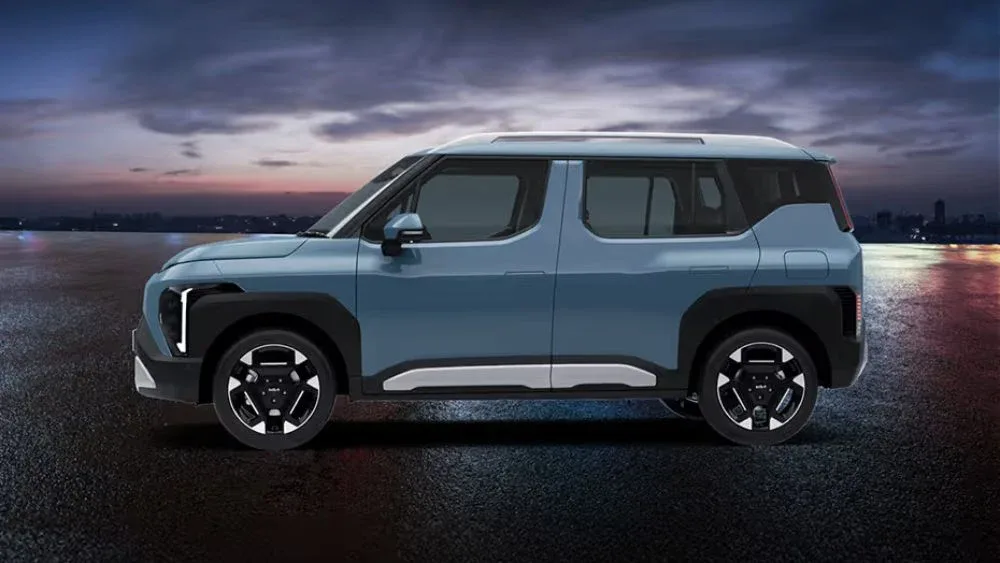
Optimizing Air Conditioning Usage for Better Mileage
Your car’s air conditioning (AC) system consumes fuel, and excessive use can lower mileage. Smart AC usage can help improve fuel efficiency without compromising comfort. Here’s how:
Use AC Wisely – Turn on the AC only when necessary, especially at lower speeds where it has a greater impact on fuel consumption.
Set the Right Temperature – Keeping the AC at a moderate setting instead of the lowest temperature reduces engine load and fuel usage.
Use Ventilation When Possible – On cooler days, rely on fresh air by opening windows instead of using the AC.
Avoid Using AC at Idle – Running the AC while parked or in traffic drains fuel without any movement. Turn it off when not needed.
Pre-Cool Your Car – Park in the shade or use sunshades to reduce the cabin temperature, minimizing AC usage when you start driving.
Maintain Your AC System – Regularly clean or replace AC filters to ensure efficient airflow, reducing strain on the system.
By optimizing AC usage, you can improve mileage, reduce fuel costs, and enhance overall driving efficiency{8}.
Smart Route Planning for Better Mileage
Efficient route planning can help you save fuel by avoiding unnecessary stops, traffic congestion, and long detours. Here’s how smart route planning improves mileage:
Use GPS and Navigation Apps – Apps like Google Maps or Waze provide real-time traffic updates, helping you choose the shortest and least congested route.
Avoid Rush Hours – Driving during peak traffic leads to frequent braking and idling, reducing fuel efficiency. Plan trips during off-peak hours whenever possible.
Combine Multiple Errands – Instead of making multiple short trips, group your errands into one trip to reduce cold starts and fuel wastage.
Choose Highways Over City Roads – Highways offer steady speeds with fewer stops, leading to better mileage compared to city driving.
Identify Fuel-Efficient Routes – Some roads have better conditions and fewer inclines, requiring less fuel to navigate.
Check Weather Conditions – Driving in heavy rain or strong winds increases fuel consumption. If possible, plan around extreme weather.
By planning smarter routes, you can reduce fuel usage, save time, and enhance your overall driving experience.
Fuel-Efficient Driving Techniques
Adopting the right driving techniques can significantly improve your car’s mileage and reduce fuel consumption. Here are some proven methods to drive efficiently:
Accelerate Smoothly – Gradual acceleration prevents excessive fuel burn and improves efficiency.
Maintain a Steady Speed – Frequent speed changes waste fuel. Use cruise control on highways for consistent speed.
Avoid Hard Braking – Sudden braking consumes more fuel. Anticipate stops and decelerate gradually.
Shift Gears Efficiently – In manual cars, shift up at the right RPM to prevent unnecessary fuel usage.
Use Engine Braking – Instead of braking abruptly, ease off the accelerator to slow down naturally.
Turn Off the Engine When Idle – Idling consumes fuel without movement. Switch off the engine if stopping for more than a minute.
Minimize AC Usage – Excessive air conditioning increases engine load and fuel consumption. Use it wisely.
Reduce Excess Weight – Carrying unnecessary items in your car increases fuel consumption. Travel light whenever possible.
By implementing these fuel-efficient driving techniques, you can maximize mileage, lower fuel costs, and drive in a more eco-friendly manner.
Importance of a Healthy Battery for Better Mileage
A well-maintained car battery plays a crucial role in overall vehicle efficiency, including fuel consumption. While the battery itself doesn’t directly impact mileage, a weak or failing battery can strain the engine and lead to increased fuel usage. Here’s why maintaining a healthy battery is essential:
Ensures Smooth Ignition – A strong battery helps the engine start efficiently, preventing unnecessary fuel wastage due to repeated cranking.
Reduces Alternator Load – A weak battery forces the alternator to work harder, increasing engine load and fuel consumption.
Supports Electrical Components – A healthy battery powers lights, infotainment, and other systems efficiently, preventing the engine from compensating for power loss.
Prevents Unexpected Breakdowns – A failing battery can lead to sudden breakdowns, forcing you to idle or restart the engine frequently, which reduces mileage.
Maintains Fuel Injection Efficiency – Modern cars rely on electronic fuel injection, which requires stable battery power for optimal fuel delivery.
Tips to Maintain a Healthy Battery:
- Check battery terminals for corrosion and clean them regularly.
- Ensure secure battery connections to prevent voltage drops.
- Avoid using electronics when the engine is off to prevent excessive drain.
- Replace an old or weak battery before it starts affecting performance.
By keeping your car battery in good condition, you can improve overall efficiency, reduce strain on the engine, and indirectly enhance fuel economy.
Upgrading to Fuel-Efficient Tires for Better Mileage
Tires play a crucial role in fuel efficiency, as they directly affect rolling resistance and vehicle performance. Switching to fuel-efficient tires can help improve mileage and reduce fuel consumption. Here’s why upgrading your tires matters:
Lower Rolling Resistance – Fuel-efficient tires are designed with advanced tread compounds that reduce rolling resistance, requiring less energy to move the car.
Improved Tread Design – Special tread patterns enhance grip and reduce friction, helping the engine work more efficiently.
Lightweight Construction – Some eco-friendly tires are made from lightweight materials, reducing overall vehicle weight and improving fuel economy.
Better Air Retention – High-quality tires maintain optimal air pressure longer, ensuring consistent fuel efficiency.
Enhanced Durability – Longer-lasting tires mean fewer replacements and better performance over time, leading to cost savings.
Tips for Maximizing Tire Efficiency:
- Choose low rolling resistance (LRR) tires for better mileage.
- Maintain the recommended tire pressure to avoid unnecessary fuel consumption.
- Rotate tires regularly to ensure even wear and consistent performance.
- Align and balance wheels to reduce friction and improve efficiency.
By upgrading to fuel-efficient tires and maintaining them properly, you can significantly enhance mileage, save fuel, and enjoy a smoother driving experience{9}.
Using Fuel Additives and Treatments for Better Mileage
Fuel additives and treatments can help improve engine performance, reduce carbon buildup, and enhance fuel efficiency. While not a substitute for regular maintenance, the right additives can optimize combustion and keep your fuel system clean.
Benefits of Fuel Additives:
Cleans Fuel Injectors – Prevents clogging and ensures smooth fuel delivery, improving combustion and mileage.
Removes Carbon Deposits – Helps keep intake valves and combustion chambers clean, reducing fuel wastage.
Enhances Fuel Combustion – Some additives improve fuel burn efficiency, leading to better power output and mileage.
Prevents Fuel System Corrosion – Protects the fuel tank, pipes, and injectors from rust and wear.
Improves Cold-Weather Performance – Certain additives prevent fuel from thickening in cold conditions, ensuring smooth starts and efficient fuel use.
Tips for Using Fuel Additives:
- Use manufacturer-recommended additives to avoid engine damage.
- Follow the correct dosage instructions for optimal results.
- Avoid overuse, as excessive additives can be counterproductive.
- Use high-quality fuel to minimize the need for frequent treatments.
By using the right fuel additives and treatments, you can enhance fuel efficiency, prolong engine life, and maintain smoother vehicle performance.
Hybrid and Electric Options for Mileage Efficiency
With rising fuel costs and environmental concerns, hybrid and electric vehicles (EVs) have become excellent alternatives for maximizing mileage and reducing fuel consumption. These vehicles use advanced technology to improve efficiency while lowering emissions.
Hybrid Vehicles
Hybrid cars combine a traditional internal combustion engine with an electric motor, optimizing fuel efficiency.
Benefits:
- Better Mileage – The electric motor assists the engine, reducing fuel consumption.
- Regenerative Braking – Converts braking energy into electricity, improving efficiency.
- Lower Emissions – Reduces carbon footprint while maintaining long driving ranges.
Plug-in Hybrid Vehicles (PHEVs)
These vehicles offer both fuel and electric power, with the option to drive on electricity alone for short distances.
Benefits:
- Extended Electric Range – Runs solely on electric power for city drives, saving fuel.
- Flexible Fuel Use – Can switch to gasoline for longer trips.
- Lower Running Costs – Reduced fuel dependency leads to savings.
Fully Electric Vehicles (EVs)
EVs run entirely on battery power, eliminating fuel consumption altogether.
Benefits:
- Zero Fuel Costs – No need for petrol or diesel.
- High Energy Efficiency – Converts more energy into motion compared to fuel-powered cars.
- Minimal Maintenance – No engine oil changes or fuel system upkeep.
Which Option is Right for You?
- If you want to reduce fuel consumption but still need long-range flexibility, a hybrid or PHEV is ideal.
- If you have access to charging infrastructure and prefer a zero-fuel option, an EV is the best choice.
Switching to hybrid or electric options can significantly improve mileage efficiency, reduce fuel expenses, and contribute to a cleaner environment.
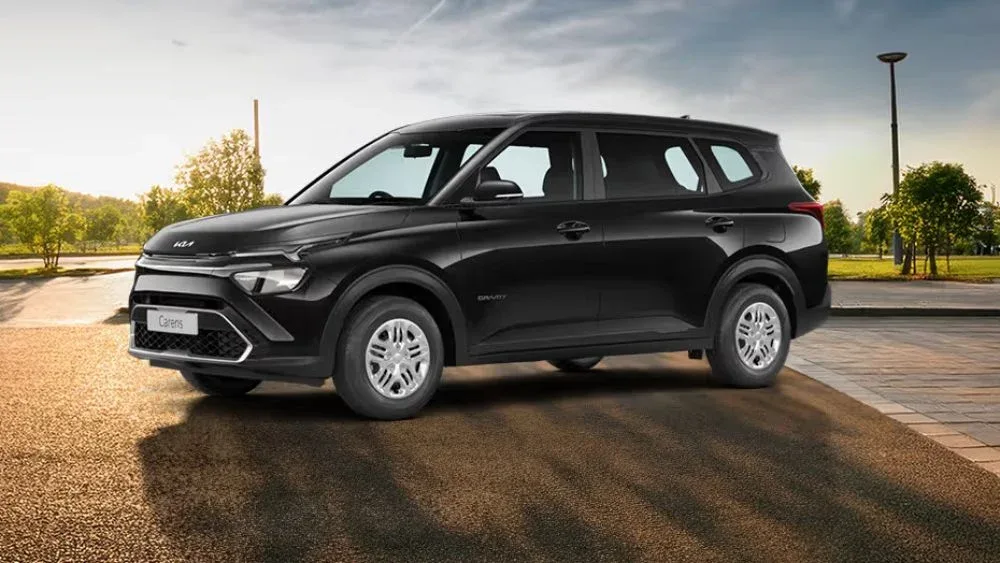
Conclusion
Improving your car’s mileage isn’t just about saving fuel—it’s about adopting smarter driving habits, maintaining your vehicle properly, and making informed choices. From regular maintenance and fuel-efficient driving techniques to optimizing air conditioning usage and upgrading to fuel-efficient tires, every small step can make a big difference.
If you’re looking for even greater efficiency, considering hybrid or electric vehicles can further reduce fuel dependency and lower overall running costs{10}.
By implementing these fuel-saving strategies, you can maximize mileage, cut fuel expenses, and contribute to a greener environment—all while enjoying a smoother and more efficient driving experience. Start making these changes today and watch your fuel savings grow! 🚗💨💰
BY BestGaddi
FAQs
How can I improve my car’s mileage quickly?
Maintain proper tire pressure, drive smoothly, avoid idling, and keep your engine well-tuned.
Does using the air conditioner reduce fuel efficiency?
Yes, excessive AC use increases engine load and fuel consumption. Use it wisely and rely on ventilation when possible.
How often should I check my tire pressure?
Check your tire pressure at least once a month and before long trips to ensure optimal fuel efficiency.
Can driving at a steady speed improve mileage?
Yes, maintaining a consistent speed, especially on highways, reduces fuel consumption compared to frequent acceleration and braking.
Does carrying extra weight in my car affect mileage?
Yes, excess weight puts more strain on the engine, leading to higher fuel consumption. Remove unnecessary items from your car.
Are premium or high-octane fuels better for mileage?
Not necessarily. Use the fuel recommended by your car manufacturer. High-octane fuel is only beneficial for performance cars.
Do fuel additives really help improve mileage?
Some fuel additives can clean the fuel system and enhance combustion, but they should be used as recommended by manufacturers.
How does regular car maintenance affect fuel efficiency?
Proper maintenance, like oil changes, air filter replacements, and engine tune-ups, ensures smooth performance and better mileage.
Can hybrid or electric vehicles improve mileage efficiency?
Absolutely! Hybrids optimize fuel use by combining an engine with an electric motor, while EVs eliminate fuel costs altogether.
